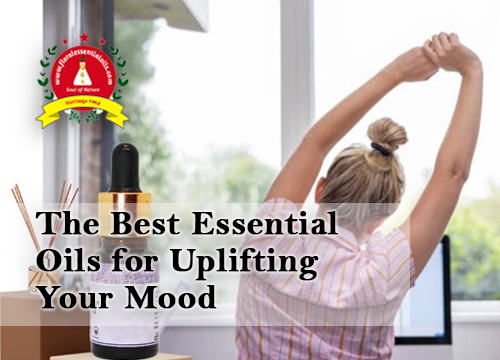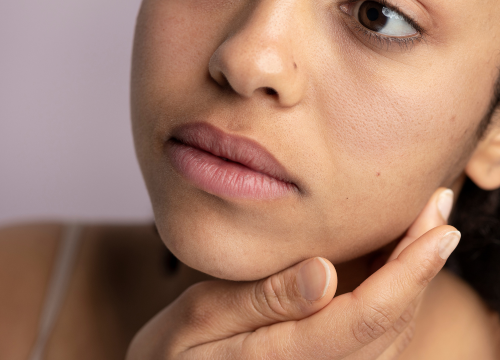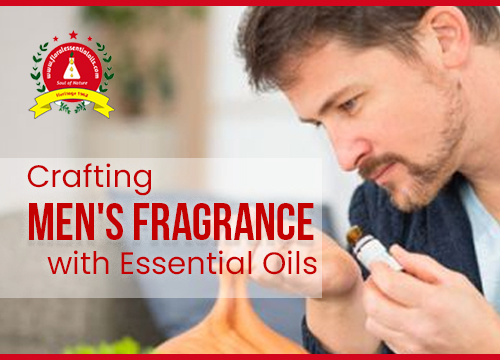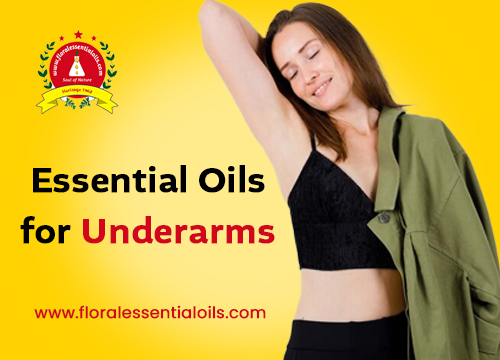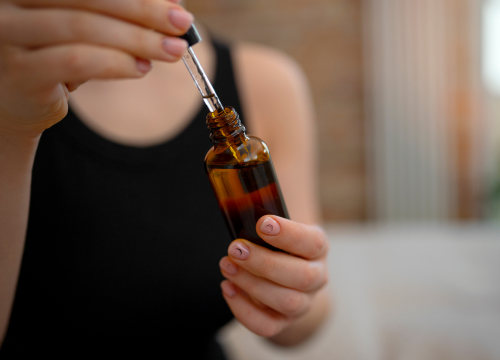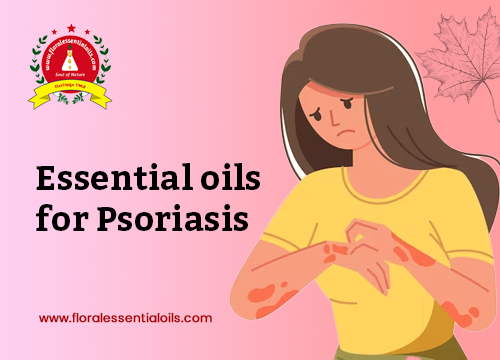Nowadays stress, anxiety, and low moods have become all too common. While there are many ways to combat these feelings, one natural and effective method is through the use of essential oils. These concentrated plant extracts have been used for centuries to promote emotional well-being, balance, and relaxation. If you’re looking for a natural way to uplift your mood, essential oils might be just what you need. In this blog, we’ll explore some of the best essential oils for boosting your spirits and how to use them effectively.
What Are Essential Oils?
Essential oils are highly concentrated liquids extracted from plants, flowers, fruits, and herbs. They capture the plant’s aroma and beneficial properties, making them a popular choice for aromatherapy. When inhaled or applied topically (when diluted), these oils can interact with the body’s limbic system, which is responsible for emotions, memory, and mood regulation. This makes them a powerful tool for enhancing emotional health.
How Essential Oils Uplift Your Mood
The sense of smell is closely linked to the brain’s emotional center. When you inhale essential oils, the molecules travel through the olfactory system and stimulate the limbic system, which can trigger the release of feel-good neurotransmitters like serotonin and dopamine. This process can help reduce stress, ease anxiety, and promote a sense of calm and happiness.
Now, let’s dive into the best essential oils for uplifting your mood and how to incorporate them into your daily routine.
-
Lavender Oil: The Ultimate Relaxation Oil
Lavender is one of the most popular essential oils, and for good reason. Its calming and soothing properties make it a go-to for reducing stress and promoting relaxation. While it’s often associated with sleep, lavender oil can also help uplift your mood by easing tension and creating a sense of peace.
How to Use It:
- Add a few drops to a diffuser before bedtime or during meditation.
- Mix with a carrier oil (like coconut or jojoba oil) and apply to your wrists or temples for a calming effect.
- Spritz lavender-infused water on your pillow or linens for a relaxing atmosphere.
-
Citrus Oils: A Burst of Sunshine
Citrus oils, such as orange, lemon, grapefruit, and bergamot, are known for their bright, refreshing scents. These oils are particularly effective at boosting mood and energy levels. Their invigorating aromas can help combat feelings of sadness or fatigue, making them perfect for mornings or midday slumps.
How to Use It:
- Diffuse citrus oils in your workspace to increase focus and positivity.
- Add a few drops to a warm bath for an energizing soak.
- Combine with a carrier oil and use as a uplifting massage oil.
-
Peppermint Oil: Energize and Refresh
Peppermint oil is renowned for its cooling and invigorating properties. Its crisp, minty aroma can help clear the mind, improve concentration, and provide a natural energy boost. If you’re feeling sluggish or overwhelmed, peppermint oil can help you feel more alert and revitalized.
How to Use It:
- Inhale directly from the bottle for a quick pick-me-up.
- Add a few drops to a diffuser to create a refreshing environment.
- Mix with a carrier oil and apply to the back of your neck or wrists for an energizing effect.
-
Ylang-Ylang Oil: Balance and Joy
Ylang-ylang oil has a sweet, floral scent that is often used to reduce stress and promote feelings of joy and relaxation. It’s particularly helpful for those dealing with anxiety or mood swings, as it can help balance emotions and create a sense of inner peace.
How to Use It:
- Diffuse ylang-ylang oil during yoga or meditation to enhance relaxation.
- Mix with a carrier oil and apply to your chest or pulse points for a calming effect.
- Add a few drops to a warm bath to unwind after a long day.
-
Frankincense Oil: Grounding and Uplifting
Frankincense has been used for centuries in spiritual practices and rituals. Its earthy, woody aroma is known for its grounding and uplifting properties. This oil can help reduce feelings of stress and anxiety while promoting a sense of clarity and emotional balance.
How to Use It:
- Diffuse frankincense oil during meditation or prayer to enhance focus and relaxation.
- Mix with a carrier oil and apply to the soles of your feet or the crown of your head for grounding.
- Add a few drops to a warm compress and place on your chest for a calming effect.
-
Rosemary Oil: Mental Clarity and Positivity
Rosemary oil is not just for cooking—it’s also a powerful mood booster. Its herbaceous, invigorating scent can help improve mental clarity, reduce fatigue, and promote a positive outlook. If you’re feeling mentally drained or stuck in a rut, rosemary oil can help you regain focus and motivation.
How to Use It:
- Diffuse rosemary oil while working or studying to enhance concentration.
- Mix with a carrier oil and massage into your scalp to invigorate the senses.
- Inhale directly from the bottle for a quick mental boost.
-
Bergamot Oil: Calm and Uplift
Bergamot oil, derived from the rind of bergamot oranges, has a unique citrusy-floral scent that is both calming and uplifting. It’s particularly effective at reducing stress and anxiety while promoting feelings of happiness and relaxation. Bergamot is often used to combat seasonal mood changes and low energy.
How to Use It:
- Diffuse bergamot oil in your living space to create a cheerful atmosphere.
- Mix with a carrier oil and apply to your wrists or chest for a calming effect.
- Add a few drops to a warm bath to relax and unwind.
-
Clary Sage Oil: Emotional Balance
Clary sage oil is known for its ability to balance hormones and emotions. Its warm, herbal scent can help reduce feelings of stress and anxiety while promoting a sense of well-being. This oil is particularly beneficial for those experiencing mood swings or emotional turbulence.
How to Use It:
- Diffuse clary sage oil during times of emotional stress.
- Mix with a carrier oil and apply to your abdomen or lower back for hormonal balance.
- Add a few drops to a warm compress and place on your forehead for relaxation.
-
Jasmine Oil: Confidence and Positivity
Jasmine oil has a rich, floral aroma that is often associated with confidence and positivity. Its uplifting scent can help reduce feelings of anxiety and depression while promoting a sense of self-assurance and joy. Jasmine is a great choice for those looking to boost their mood and self-esteem.
How to Use It:
- Diffuse jasmine oil in your bedroom or living space to create a positive environment.
- Mix with a carrier oil and apply to your pulse points for a confidence boost.
- Add a few drops to a warm bath for a luxurious and uplifting experience.
-
Patchouli Oil: Grounding and Calming
Patchouli oil has a deep, earthy scent that is both grounding and calming. It’s often used to reduce stress and anxiety while promoting emotional balance. If you’re feeling scattered or overwhelmed, patchouli oil can help you feel more centered and at ease.
How to Use It:
- Diffuse patchouli oil during meditation or relaxation practices.
- Mix with a carrier oil and apply to your wrists or chest for a grounding effect.
- Add a few drops to a warm bath to unwind and relax.
Tips for Using Essential Oils Safely
While essential oils are natural, they are also potent and should be used with care. Here are some tips to ensure safe and effective use:
- Always dilute essential oils with a carrier oil before applying to the skin.
- Perform a patch test to check for any allergic reactions.
- Avoid using certain oils (like citrus oils) before sun exposure, as they can increase sensitivity to UV rays.
- Consult with a healthcare professional if you’re pregnant, nursing, or have any medical conditions.
Final Thoughts
Essential oils offer a natural and holistic way to uplift your mood and enhance emotional well-being. Whether you’re looking to reduce stress, boost energy, or promote relaxation, there’s an essential oil for every need. By incorporating these oils into your daily routine, you can create a more balanced, joyful, and peaceful life. So, why not give them a try? Your mind and body will thank you!
